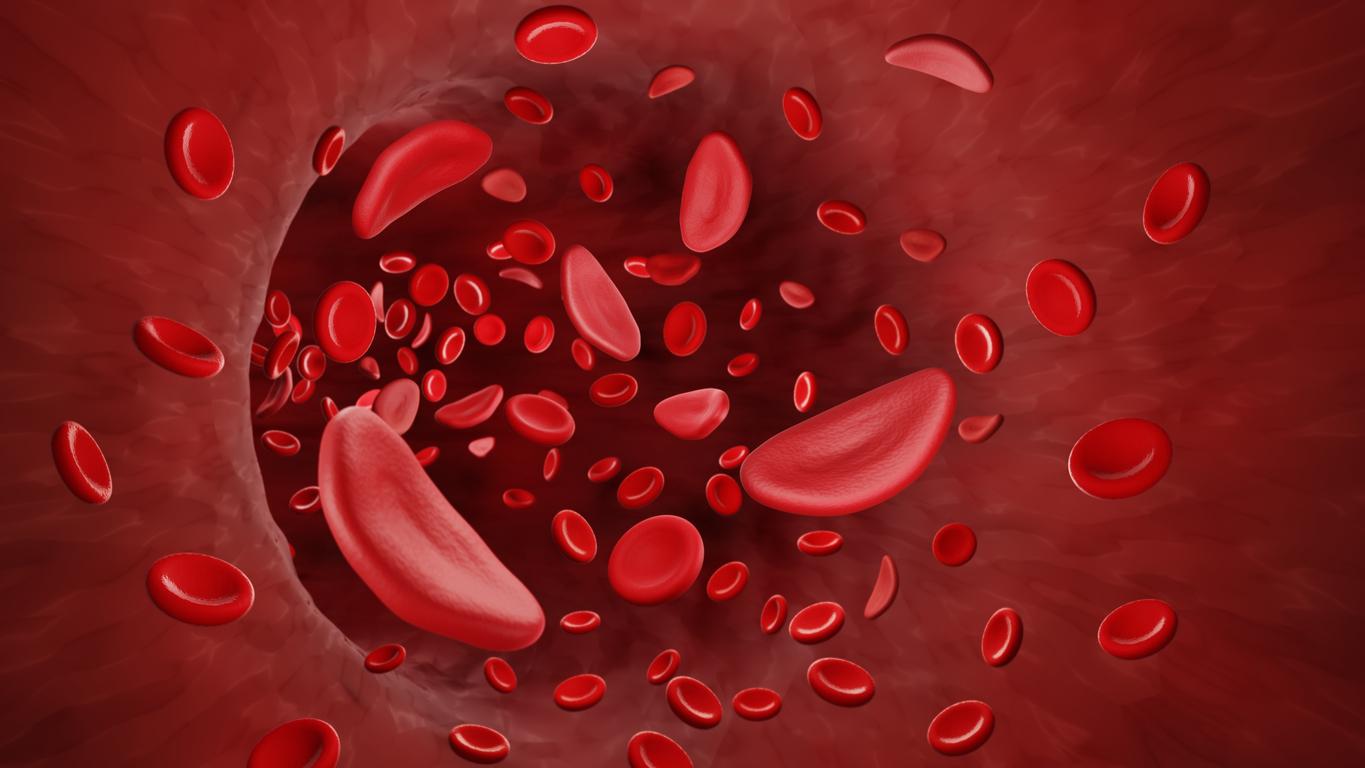Preimplantation diagnosis makes it possible to identify embryos carrying serious genetic diseases. Its use remains very limited in France.

 |
File produced in partnership with Science & Health the magazine |
If genetic tests are done on children or adults to diagnose a disease, they can also be done even before pregnancy. This is the case for couples who know they are carriers of a serious genetic disease and want to prevent its transmission to their descendants. They can then use a preimplantation diagnostic test (PGD). This consists of analyzing the genome of embryos conceived by fertilization in vitro, to look for the genetic abnormality in question. Only those who do not carry the mutation in question can be implanted in the mother’s uterus.
Less than 700 couples per year
For ethical reasons – and to avoid a slide towards a form of eugenics – not all pathologies are eligible for these preimplantation tests. The disease must be severe and incurable and present a high risk of transmission of 25 to 50%. Dozens of diseases meet these criteria, such as cystic fibrosis, thalassemia, a set of hereditary blood diseases characterized by a defect in the production of hemoglobin or even muscular dystrophy of the girdles, a genetic disease that affects the muscles of the pelvic girdle (at the level of the pelvis) or the shoulder girdle (at the level of the pectorals).
In 2014, 645 couples were eligible for a preimplantation diagnosis in France and 135 children were born from the selection of healthy embryos. The practice of these IPRs remains highly regulated in our country. In June 2016, only 5 regions had CHUs authorized to practice them (Alsace, Île-de-France, Languedoc-Roussillon, Pays de la Loire and Rhône-Alpes).
Alice bomboy
Science & Santé, the Inserm magazine
.

















